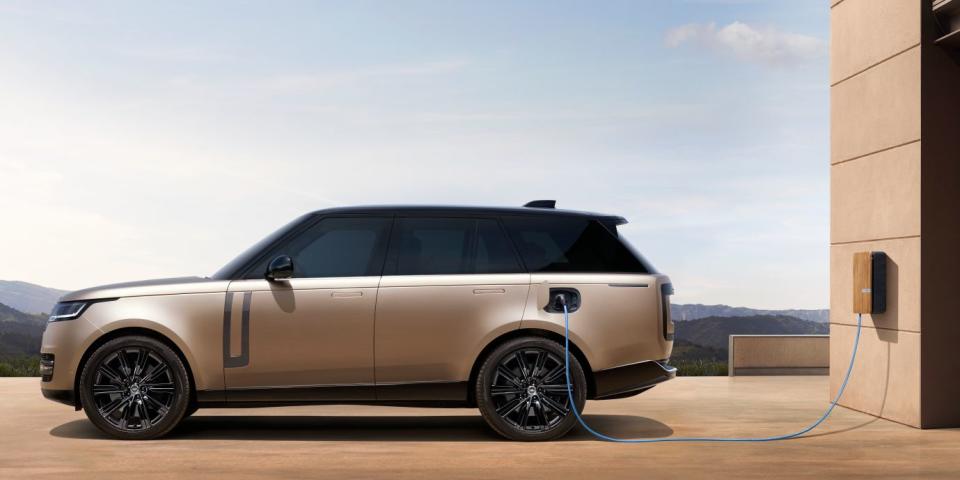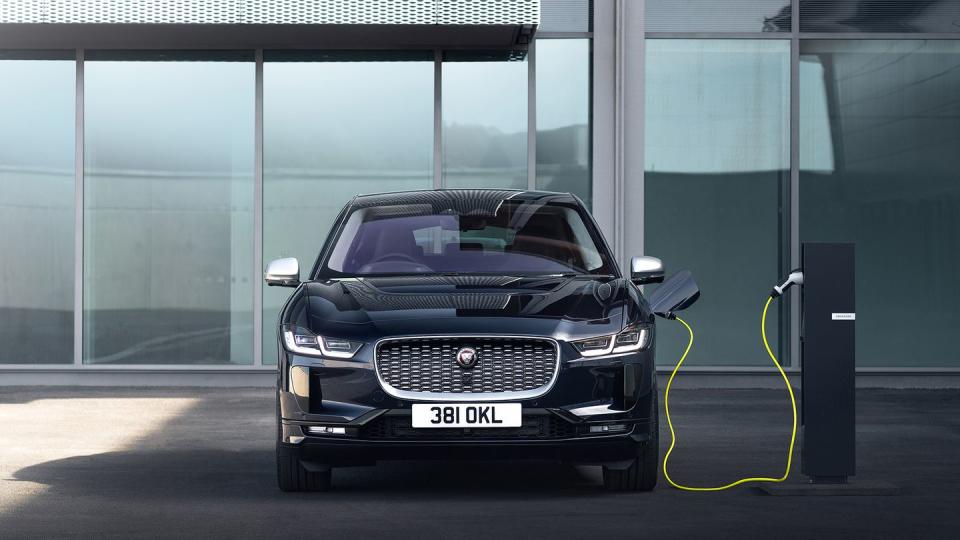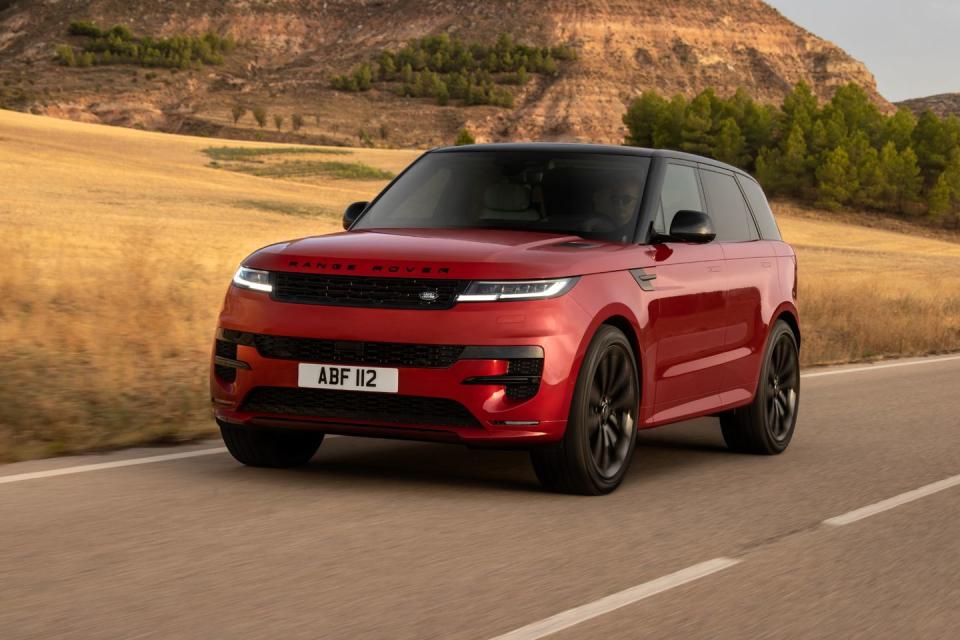$5 Billion UK Battery Plant Signals EV Push for Jaguar Land Rover

The United Kingdom is gaining back some of its former automotive manufacturing prowess, as Jaguar Land Rover announces a $5 billion investment in battery production.
With funds coming from the Tata Group, JLR's parent company, British officials say this new facility will also help the UK achieve its 2030 emissions and EV sales goals.
Battery production won't start until 2026, but JLR says we can expect an all-electric Range Rover and new GT-style, Jaguar EV by 2025.
Luxury brands like Maserati and Jaguar Land Rover aren't diving into the electrification race as fast as traditional automakers and it might be for a good reason. With smaller customer bases and higher production costs, adding electrified powertrains to the mix represents increasing costs in the worried minds of company executives. But that doesn't mean luxury automakers are immune to the various government mandates surrounding electrification in the 21st century.
Which is why most luxury manufacturers (save for EV-specific luxury startups like Rivian and Lucid) are dipping their toes into the electric waters with plug-in hybrids or select BEV offerings. And Jaguar Land Rover is no exception to this rule, with the oddball Jaguar I-Pace and a few plug-in hybrid and mild hybrid Range Rover models. But the UK-based brand is readying itself for a big change, as JLR parent company Tata Group announces a $5 billion investment in a UK battery gigafactory.

The plant is important for a number of reasons, namely signifying a reified interest in the United Kingdom as an automotive hub but also marking Tata's first gigafactory away from its home base in India. Around 4000 new employees of JLR, which was acquired by Tata in 2008, will operate the plant as it works toward an annual output of 40 gigawatt-hours. And the plant will be built in Somerset, nearby JLR's current assembly facilities in Birmingham, with an estimated production start date of 2026.
With earlier claims from Jaguar Land Rover CEO Thierry Bolloré setting up Jaguar for a fully electric lineup and Land Rover offering five BEVs by 2025, industry experts have shared skepticism about the likelihood of these claims, but JLR has yet to back down from its stance. In fact, the English automaker doubled down earlier this year, saying it would invest $19.3 billion over the next five years in a push for complete carbon neutrality by 2039. JLR also says it's aiming to eliminate tailpipe emissions by 2036.

While the new battery facility is planned for an annual output of 40 gigawatt-hours, British officials say this investment will provide almost half of the battery production needed for its 2030 net zero-emissions goals. Facing competition from both the US and neighboring EU countries like Germany and Spain, the UK hasn't always appeared as welcoming to such gigafactories (save for the middling Nissan facility in Sunderland) due to lacking subsidies. But British Prime Minister Rishi Sunak as well as Investment Minister Dominic Johnson concurred the deal will be massively important for the nation's economy, according to the BBC.
"Hopefully we're going to be returning to our peak level car production over the next five to 10 years," Johnson said in an interview with Reuters. "As soon as it got out that we may be in the running to win this amazing investment, we started to get some quite interesting inquiries from other companies."
But what vehicles will this new battery facility serve? It won't be Land Rover's incoming all-electric Range Rover, which is set for sale by the 2025 model year and will be built at JLR's Halewood plant, nor will it be the first of a new series of 430-mile range Jaguar EVs that are set for production in the West Midland facility by 2025.
However, with two more GT-style electrified Jaguars promised and the UK's commitment to banning the sale of new gasoline and diesel-powered vehicles by 2030, JLR is banking on this battery plant to be used in full.
Can the UK get itself up to speed in terms of battery production? Or will EU countries like Germany pull too far ahead? Please share your thoughts below.

 Yahoo Autos
Yahoo Autos 